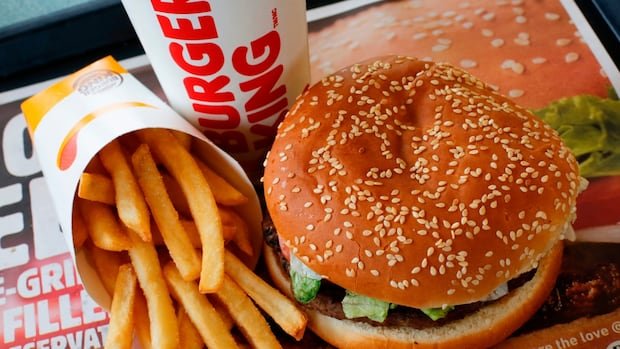In the realm of the food industry, a crucial marketing factor is known as “taste appeal.” Every aspect of marketing, from product labels to print ads, TV commercials, and online videos, is meticulously crafted to showcase food in its most appetizing and pristine form. Specialized professionals called “food stylists” excel in presenting food aesthetically on camera. Therefore, it was quite unexpected when Burger King defied this conventional marketing norm.
In 2020, Burger King launched a global advertising campaign with a unique objective: to emphasize the company’s decision to eliminate all artificial preservatives. While such declarations are not uncommon in the food industry and often fail to make a significant impact, Burger King took a different approach by introducing the “Mouldy Whopper.”
The attention-grabbing video showcased a Whopper burger decaying and molding over a 34-day span. Through a time-lapse sequence, viewers witnessed the gradual decomposition of the Whopper and its ingredients, culminating in a mold-covered mess. The visual journey was accentuated by extreme close-up shots, portraying the bun, toppings, and patty progressively succumbing to mold until a dismal, bluish heap remained on the 34th day. The campaign’s tagline emphasized the absence of artificial preservatives with the phrase: “The beauty of no artificial preservatives.” Burger King affirmed its commitment to removing preservatives, colors, and artificial flavors from all its global outlets.
The unconventional approach of filming a decaying burger defied traditional food advertising standards, lacking any conventional “taste appeal” and even bordering on repulsive, yet strangely captivating. Despite the initial mixed reactions from the advertising and food sectors—some commending Burger King’s boldness while others predicting brand damage—the results of the Mouldy Whopper campaign were remarkable.
The campaign garnered approximately 8.4 billion organic media impressions, with 88% of the coverage being positive. The video received over 1.4 million minutes of viewership on Facebook, surpassing the awareness levels achieved by Burger King’s 2019 Super Bowl commercial. Notably, the Mouldy Whopper campaign, crafted with minimal production costs for social media, outshone the exposure generated by a costly Super Bowl advertisement reaching millions of viewers.
A survey involving 2,000 participants indicated a 23% increase in the likelihood of individuals visiting Burger King following the campaign. In essence, the Mouldy Whopper succeeded in not only capturing attention but also in driving consumer interest towards dining at Burger King.

